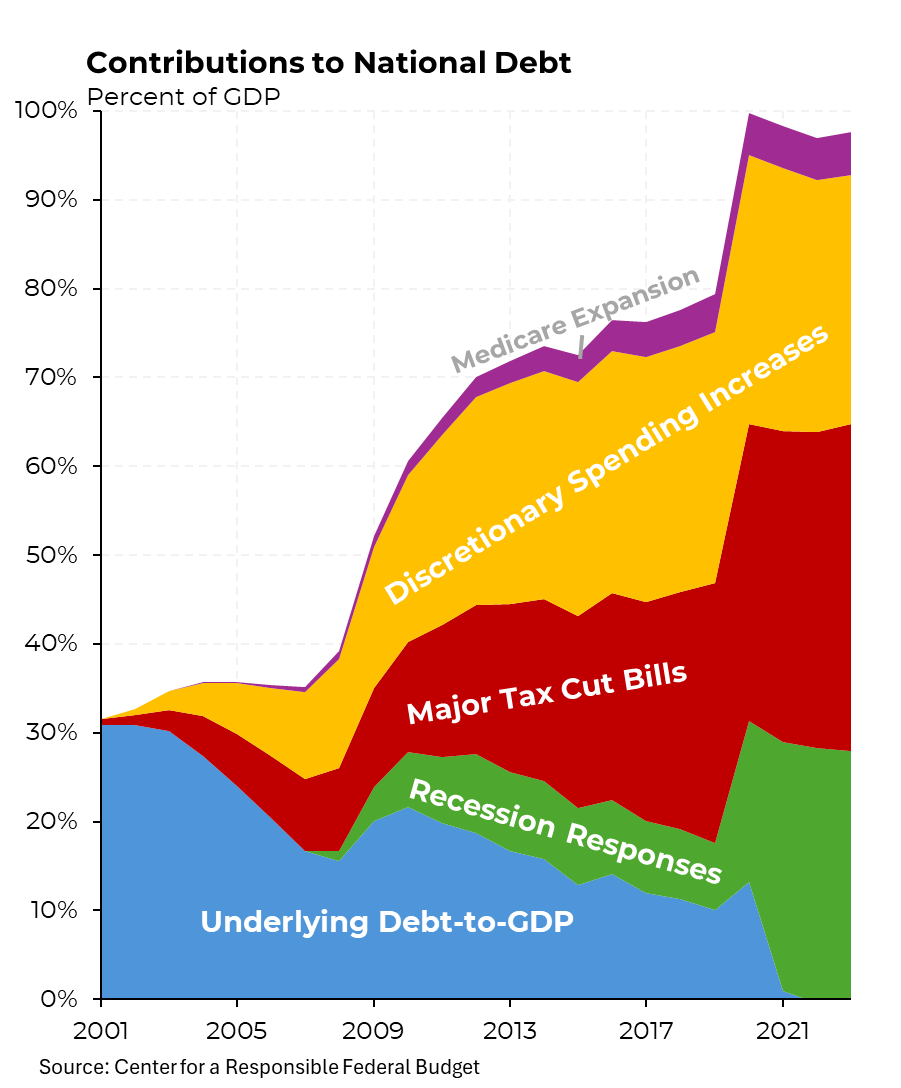Manchester: The Cradle of the Working Class

MANCHESTER, England Situated in the heart of this industrial city in northern England is a poignant memorial dedicated to the brave men and women who lost their lives during the Peterloo Massacre of 1819. This tragic event unfolded when a peaceful demonstration advocating for workers' rights was met with violence from the British cavalry. As protesters gathered to demand political representation, at least 18 individuals were killed, and hundreds more were injured. The memorial stands as a somber reminder of the struggle for workers' rights and the sacrifices made in the name of equality.
Notably, the monument features arrows that point outward to other locations of historical significance in the ongoing fight for workers' rights. One arrow directs attention to Pennsylvania, where unarmed strikers were killed at the Lattimer mine in 1897. Another points to Sharpeville, South Africa, where peaceful demonstrators were gunned down during an anti-apartheid rally in 1960. These connections reveal a shared global history of labor struggles and uprisings, highlighting Manchester's pivotal role in this enduring narrative.
In contemporary times, politicians across the globeranging from the United States to the United Kingdomare vying for the support of working-class voters. However, the conversation surrounding the political influence of the working class has its roots in 19th-century Britain. During the Industrial Revolution, a new urban working class emerged, fueled by the demands for rights and representation, and nowhere was this more apparent than in Manchester.
As the world's first modern industrial city, Manchester's rapid growth and its working-class population, often living in dire conditions, inspired the revolutionary ideas of German philosophers Friedrich Engels and Karl Marx. Engels, who resided in the city for two decades, documented the plight of laborers in his 1845 work, The Condition of the Working Class in England. He vividly described the squalid living conditions of Manchester's working men, stating that they were so deplorable that only a "physically degenerate race, robbed of all humanity" could feel comfortable in them. This stark portrayal positions Manchester not only as a site of exploitation but also as a touchstone for working-class identity and activism in the 1800s.
Historian Charlotte Wildman from the University of Manchester emphasizes that Manchester became a symbol for the working classes during this period, its political significance resonating well into the modern era. The city was at the epicenter of the cotton trade in the early 19th century, with its rapid industrialization intricately linked to the trans-Atlantic slave trade. As agricultural workers flocked to Manchester seeking employment, they were met with inadequate housing, poverty, and rampant disease. Wildman remarks that this stark contrast between wealth and poverty instilled a sense of identity and oppression among the working class, fuelling their desire for better living and working conditions.
Despite their growing collective consciousness, workers were largely denied the right to vote. Those in power were wary of granting suffrage to the working class, perceiving them as untrustworthy. Wildman notes that the ruling elite aimed to exclude those they considered undesirable, particularly men they labeled as criminal or irresponsible. Notably, women from all classes were completely disregarded in discussions about enfranchisement.
As the 19th century unfolded, working-class movements gained momentum, leading to gradual improvements in rights for urban workers. However, it wasnt until World War I that universal suffrage for men was achieved in the UK, with the Representation of the People Act of February 1918 also granting some women the right to vote for the first timealbeit only to those over 30 who were homeowners or married to homeowners. It wasnt until 1928 that women would finally attain full voting rights.
During this transformative period, thinkers like Marx and Engels were drawn to Manchester to analyze and document the conditions faced by the working class. Engels moved to the city in 1842 to manage his familys cotton factory, with the hope that it would temper his political fervor. However, the realities of Manchester revitalized his revolutionary zeal. As local historian Ed Glinert points out, Engels walked into a tumultuous environment marked by recent riots by millworkers, which only intensified his political awareness.
Engels and Marx would often collaborate in Chetham's Library, where they penned influential works such as the Communist Manifesto and Das Kapital. Schofield notes that the very desk they worked at is now recognized as a historically significant location, where the authors could gaze out at the poverty surrounding them, further illuminating their ideas about class struggle and societal change.
Despite Engels's belief that a revolution was imminent in Manchester, it ultimately did not materialize in the way he envisioned. However, the spirit of activism that flourished in Manchester resonated throughout Europe, inspiring a wave of rebellions in the mid-19th century as people clamored for improved living standards. This growing awareness caught the attention of politicians, leading to a broader class analysis of society that had not previously been contemplated.
Today, the People's History Museum in Manchester stands as a testament to this legacy, housing the world's oldest-surviving trade union banner alongside artifacts that link the struggles of workers from the 19th century to contemporary movements. This institution not only celebrates Manchesters historical role in advocating for workers' rights but also showcases the concept of international solidarity that originated in this vibrant city. The narrative of struggle that began with the tragic events of 1819 continues to fuel labor movements and conversations around social justice worldwide.

























